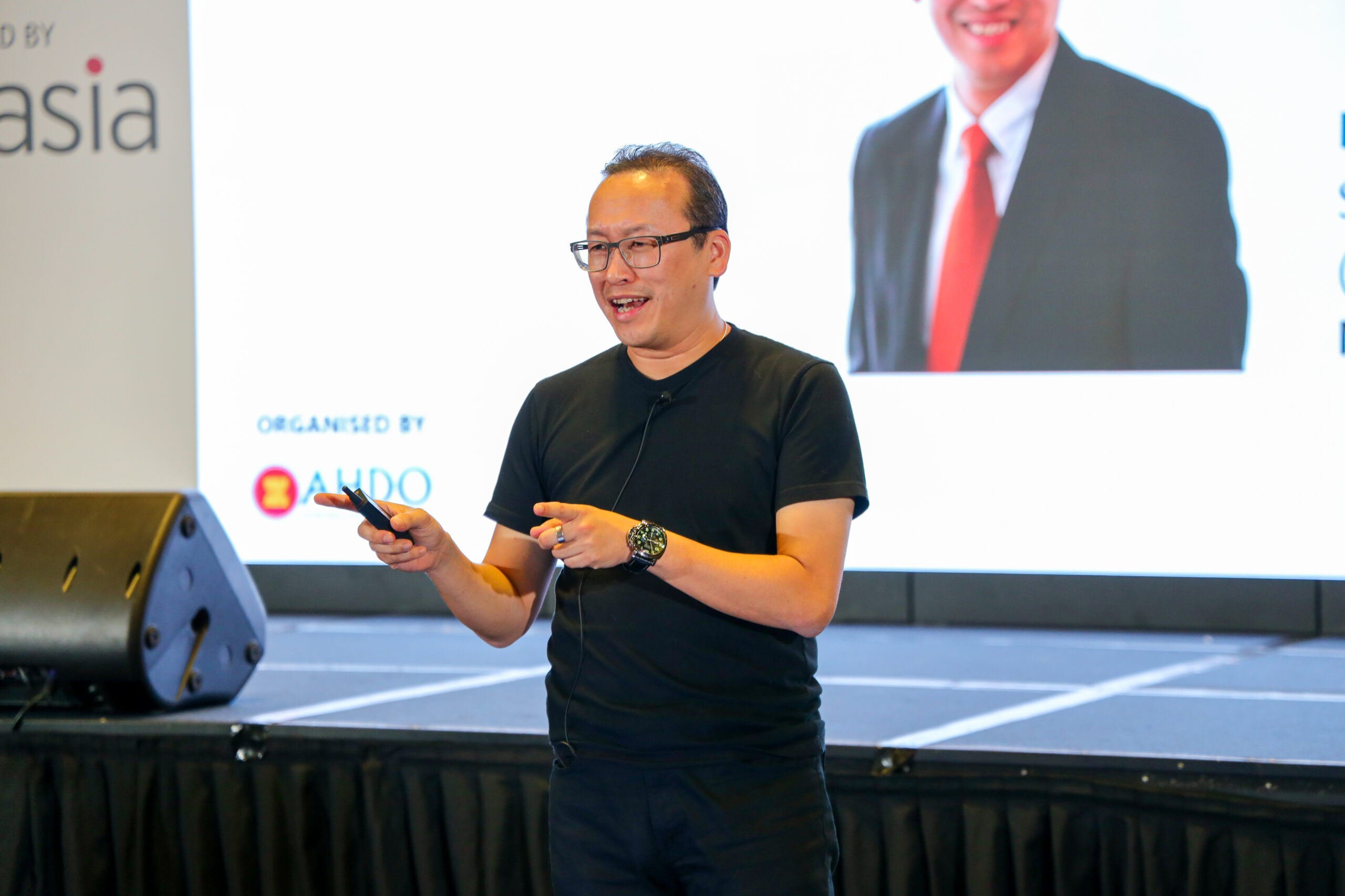The next key pillar of HR: From human resources to human development

Fong Tuan Chen, Senior Executive Vice-President (Group Human Capital), Maybank, has an interest in people. Leading Maybank’s people strategy and execution that focuses on driving change and human capital transformation, Fong brought his expertise to HR Tech Festival Asia 2023, where he spoke at the ASEAN Human Development Summit on the topic of HR to HD: How Human Development Changed My HR Career and Why It Will Change Yours.
HRM Asia caught up with Chen to get to discuss his passion for human development (HD) and why HR teams need to do more to incorporate HD into their policies.
Tell us a little about your experience with human development (HD) and how it has shaped your perspective throughout your career.
Chen: One of the key HD pillars that I am particularly passionate about is access to education, particularly for those who are denied this fundamental need. I have worked with refugee groups that, through no fault of theirs, are unable to have the opportunity to learn. I have been personally involved in volunteering work, providing primary, secondary, and even pre-university level classes. Just because they are refugees doesn’t mean their status as humans has diminished – the basic ingredient of being human is to continuously learn.
This has shaped my leadership philosophy that everyone deserves the opportunity to grow, and I should swim against the tide to ensure this is the case, even in the face of seemingly insurmountable challenges.
Secondly, I am also a firm believer of equitable access to employment opportunities, particularly for minority groups, the marginalised and to the differently abled. I have introduced minimum participation rate of different diversity groups in the Global Balanced Scorecard and am actively involved in building a disabled-friendly ecosystem which includes job redesign, skilling programmes and support platforms.
HR is about choosing the best and right person for the job. HD is about choosing the person who needs the job most and then making him/her the right person to do it. There is a marked difference. My perspective has shifted rather dramatically from this respect.
How does the concept of HD, as described, relate to the responsibilities that HR should have been fulfilling all along?
Chen: HR must go beyond transactions or even strategy, to move towards purpose. HD encompasses treating people as humans, and not as commodity or capital. Regardless of the area of HR, be it recruitment, development, performance, rewards or talent, HD permeates through all of them vis-à-vis three primary considerations – equitable opportunities, the freedom to take them and the choice not to. These are imperatives of HD, the next evolution of human resources.
READ MORE: Boosting talent retention: The power of employee experience
What factors hinder organisations from effectively implementing HD? Could this be attributed to a lack of awareness, challenges in implementation, or deficiencies in policies and guidelines?
Chen: Right now, the implementation of HD is still in its infancy, mainly attributable to sub-optimal understanding of the concept, which is often mistaken for training and development.
Secondly, measurement of HR is still predominantly traditional where we track Key Performance Indicators (KPIs) – we are what we measure. Moving to KPIs will nudge us closer to what HD should be – for example, total wellbeing of the workforce, equitable access to roles and positions for all segments.
Thirdly, human resources need to transit from policy enforcers to people stewards. Policy often negates choice and freedom; HD is about fluid guidance that enhances our quality of life, which in turn accelerates our productivity.



